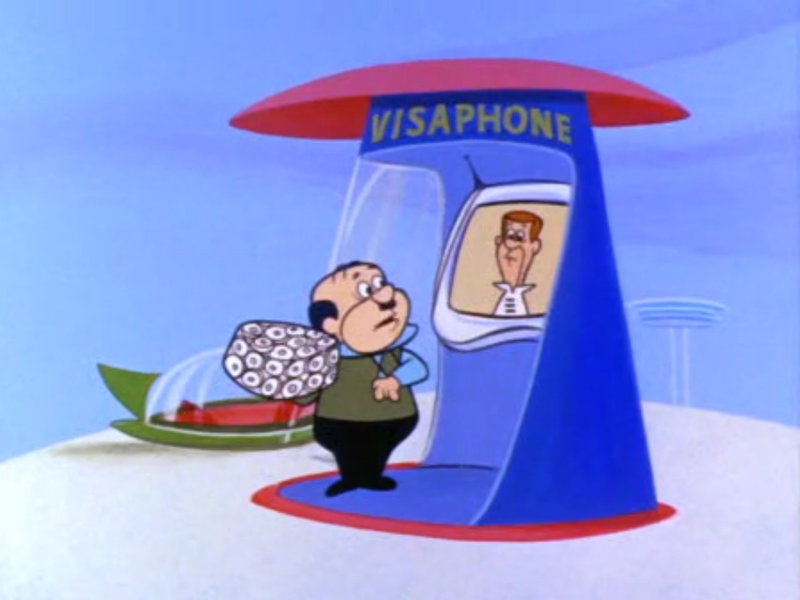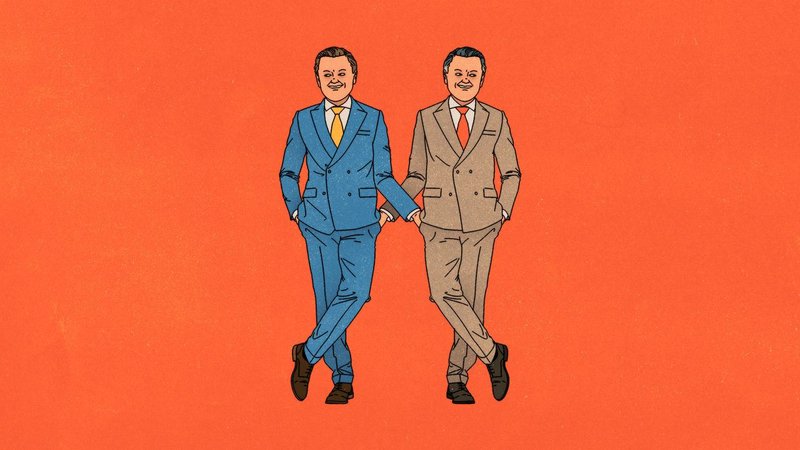Automation’s Seduction and Mrs. Robinson
0 comments
It’s easy for AI and automation to seduce us into the fearful idea of complete human replacement, but is it an actual reality?

Image Source
In his 2021 lecture “Will Smart Machines Take Our Jobs?”, Dr. Jay Richards explained the then-current state of automation and smart machines and how these would impact human work. Early on in the lecture, Richards explains how there are two views of labor replacement: dystopian and utopian. The dystopian thinks that humans will be replaced and have no work to do and that this will be a bad thing, while the utopian thinks that this is a good reality and that humans can fully embrace leisure. I reflect on this lecture with some thoughts of my own below.
Dustin Hoffman’s Illusion of Leisure
In the 1967 movie “The Graduate” (which I ironically watched only two days ago after having it on my list for over a year), Ben Braddock graduates from college and as he navigates the uncertainty of his future, he finds himself engaged in a love affair after his neighbor, the married Mrs. Robinson, 40 years his senior seduces him after his graduation party. Ben does nothing in the pool all day and sneaks off to see Mrs. Robinson at night. Ben later realizes the affair is never going to last and elopes with Mrs. Robinson’s daughter. Richards points to “The Graduate” as an example of how a lack of work and a full embrace of leisure can lead to aimlessness. I liked this analogy, and I think the analogy can be extended by painting the seductive character of Mrs. Robinson as this idea that humans will be entirely replaced by machines. I think the idea that humans will be completely replaced by machines and AI to be foolish and uninformed, and I think those fear-mongering the public about these fears are just about as grounded in reality as Ben was with the hopes of continuing his affair with Mrs. Robinson. I don’t think we as a society have anything to fear about the long-term replacement of human labor by machines and AI, as supported by past changes in the labor market, and the chief concern should be mitigating the effects of such an accelerated change in the labor market. However, long-term roadblocks to AI implementation are unrealistic and rather foolish in my view.
250 Years Later
Perhaps the most convincing part of Richards’ lecture was the example he gave about percentages living on farms in early America. In 1750, 90-95 percent of people lived on farms. In 1900, this was around 50 percent. Today, this number is between 1 and 2 percent. Almost a complete reduction, and yet we have more food than we have ever had, and it is being more cheaply and efficiently produced than ever before. This example is only one sector: new sectors have transitioned, phased out, and been created. Just because one industry automates does not mean there is nothing left to do, and I think people forget this. I think of a modern-day example of cashiers at grocery stores, notably Walmart. When I was a kid, there were lines of cashiers who would check guests out, but today, almost every Walmart I go to only has self-checkout with a few managers nearby. This cuts costs, makes it more efficient for the guests, and also cuts back on labor costs. So, what is the benefit of preventing this technology from proliferating? That cashier are jobs protected? If a person’s job can directly be replaced by a machine, then isn’t that a sign that we are humans can be doing other things with our unique intelligence? **This argument can be utilized for every industry that AI affects; why would we not let machines do things for us so that we can do other things to create more value and make the world better? **
Bracing the Acceleration, Not Inhibiting Growth
I had this thought before Richards mentioned it, but he said that we do not have to fear machine replacement, but we can be concerned with the rapid acceleration of AI technology. I see people online and on the news angry about how AI is going to replace jobs and is going to put artists out of business (as seen with the new Studio Ghibli trend). Though, while I think it is important to ensure that the rapid development of AI technology does not put large swaths of the U.S. population out of work all at once, I think that general attempts to inhibit the development of AI and automation systems are futile. As humans, we adapt. We grow as a society and new opportunities for value creation are what drive our civilization forward. I don’t understand the opinion that AI should be banned or that certain industries should be protected forever from automation. I think there needs to be policy put forward, and fast, about how to navigate this rapid acceleration of AI technology to preserve labor markets and uncertainty in the short term, but by no means should all AI and automation development be stopped in the name of labor protection. That reality doesn’t exist.
While I have explored various perspectives in this essay, it is important to note that I do not necessarily ascribe to any argument made here 100%. This is a writing exercise, and I sought to explore various perspectives after watching the lecture, as per the assignment instructions.



Comments